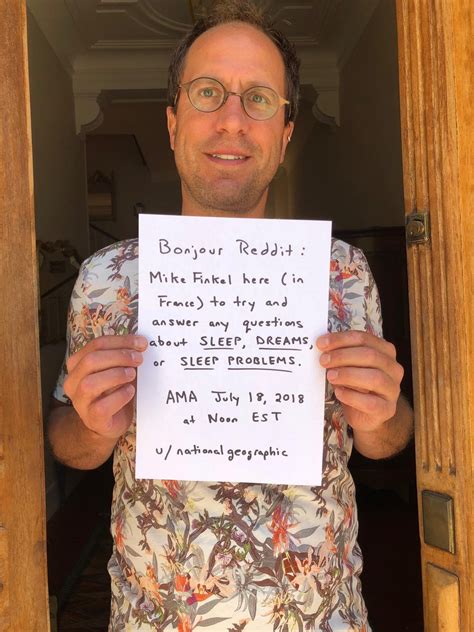A Quote by Jonathan Franzen
It's doubtful that anyone with an internet connection at his workplace is writing good fiction.
Quote Topics
Related Quotes
Good writing is good writing. In many ways, it’s the audience and their expectations that define a genre. A reader of literary fiction expects the writing to illuminate the human condition, some aspect of our world and our role in it. A reader of genre fiction likes that, too, as long as it doesn’t get in the way of the story.
The Internet is the best and worst thing to happen to writing. It makes it so easy to quickly satisfy a lot of curiosity but it dampens curiosity for the same reason. It removes the obstacles that used to make hunting for knowledge sexy. I don't have Internet at home, so that helps. I try not to peek at the Internet through my phone when writing, but I don't have very good stamina.
But anyone can write, right?'" Conner asked. "I mean, that's why authors get judged so harshly, isn't it? Because technically everyone could do it if they wanted to." "Just because anyone can do something doesn't mean everyone should," Mrs. Peters said. "Besides, anyone with an Internet connection feels they have the credentials to critique or belittle anything these days.
A couple of pieces of advice for the kids who are serious about writing are: first of all, to read everything you can get your hands on so you can become familiar with different forms of writing: fiction, non-fiction, poetry, journalism. That's very important. And also keep a journal. Not so much, because it's good writing practice. Although it is, but more because it's a wonderful source of story starters.
I love the resource of the Internet. I use it all the time. Anything I'm writing - for example, if I'm writing a scene about Washington D.C. and I want to know where this monument is, I can find it right away, I can get a picture of the monument, it just makes your life so much easier, especially if you're writing fiction. You can check stuff so much quicker, and I think that's all great for writers.


































